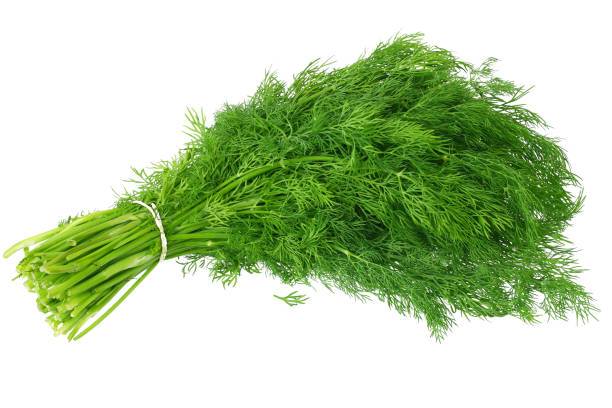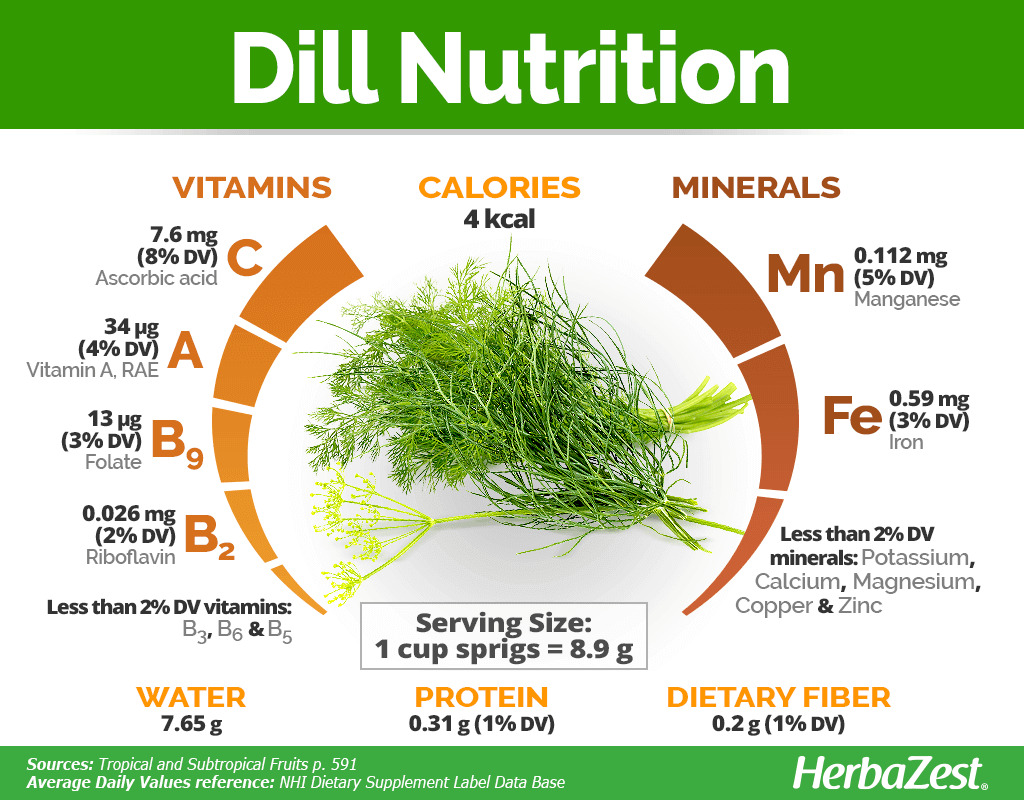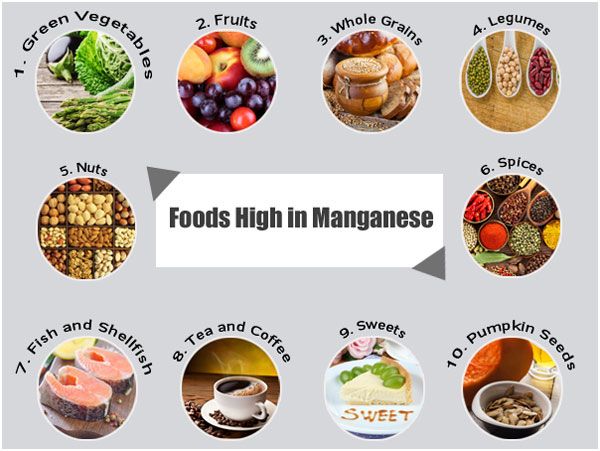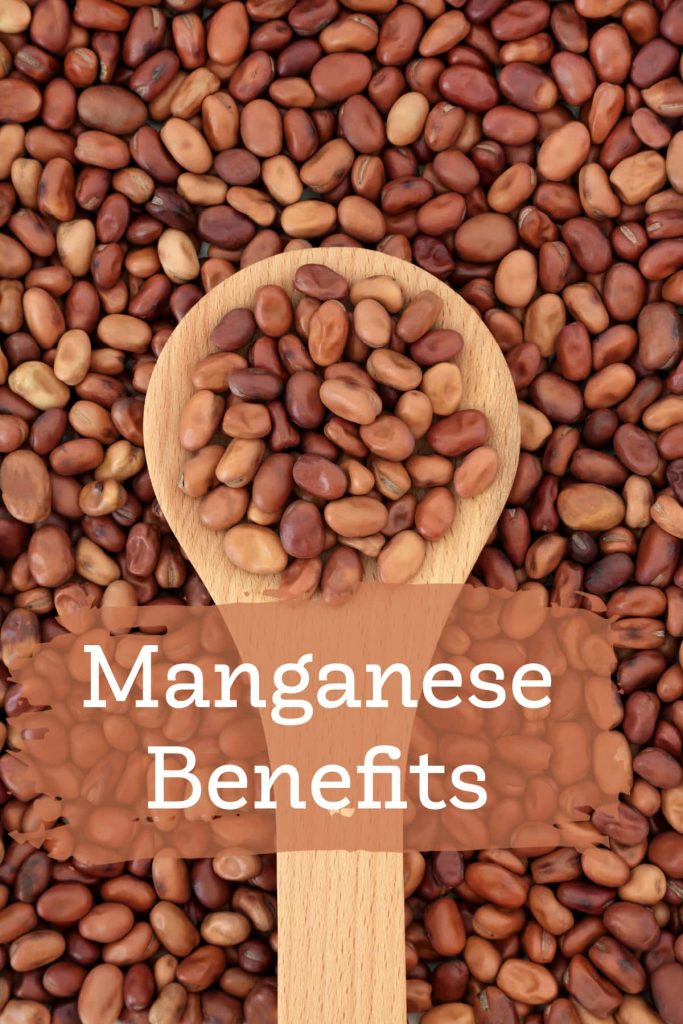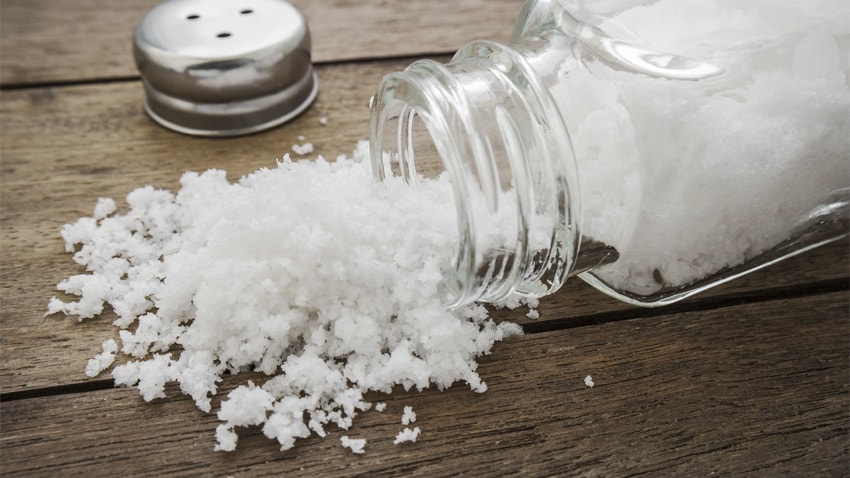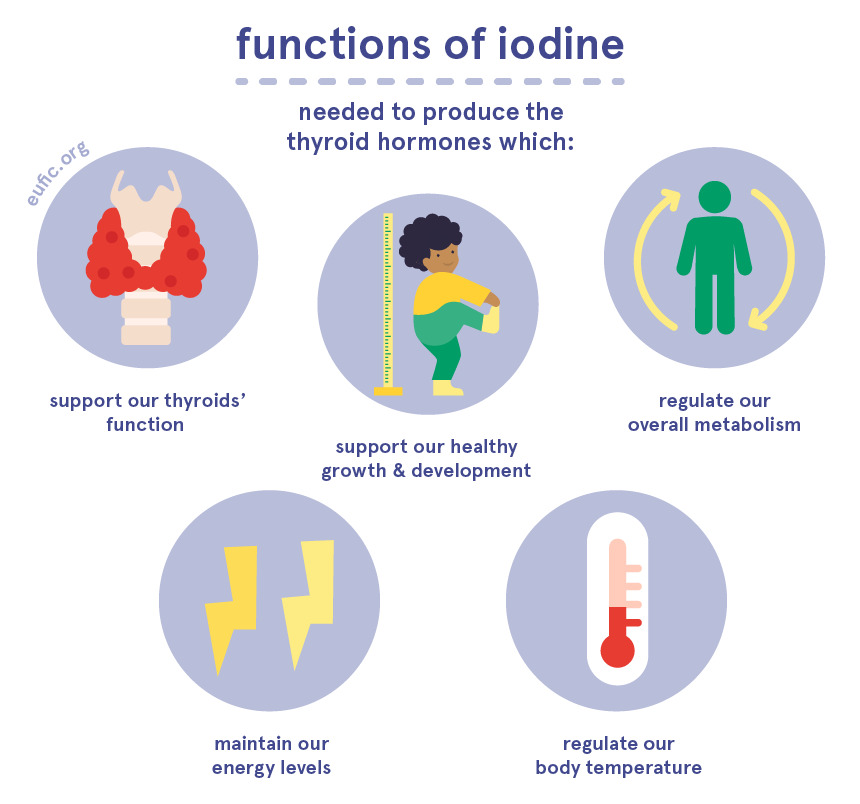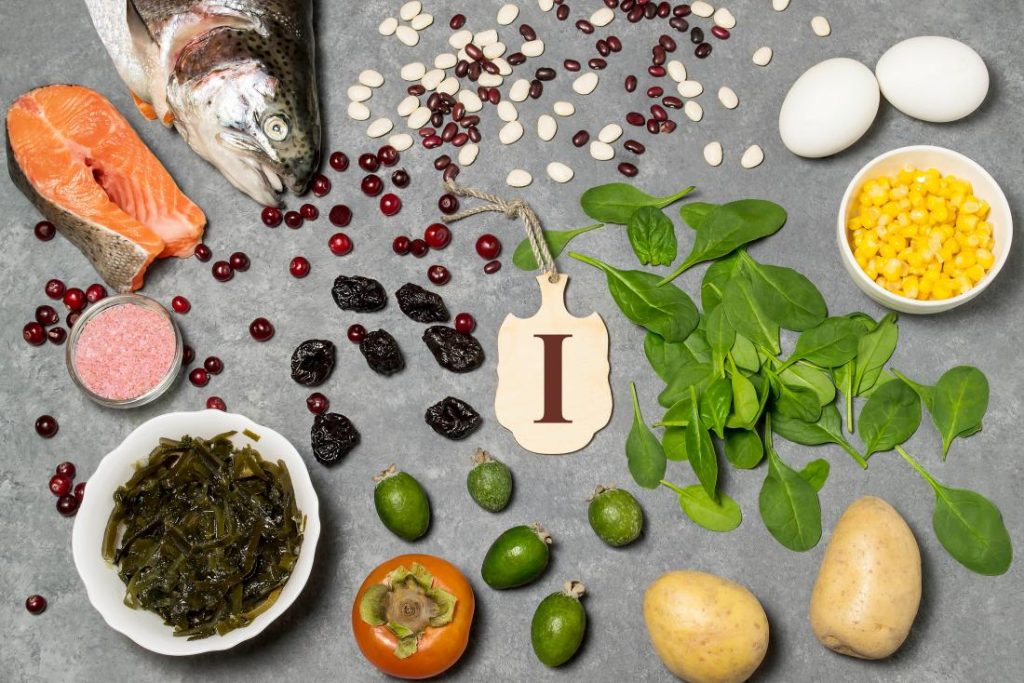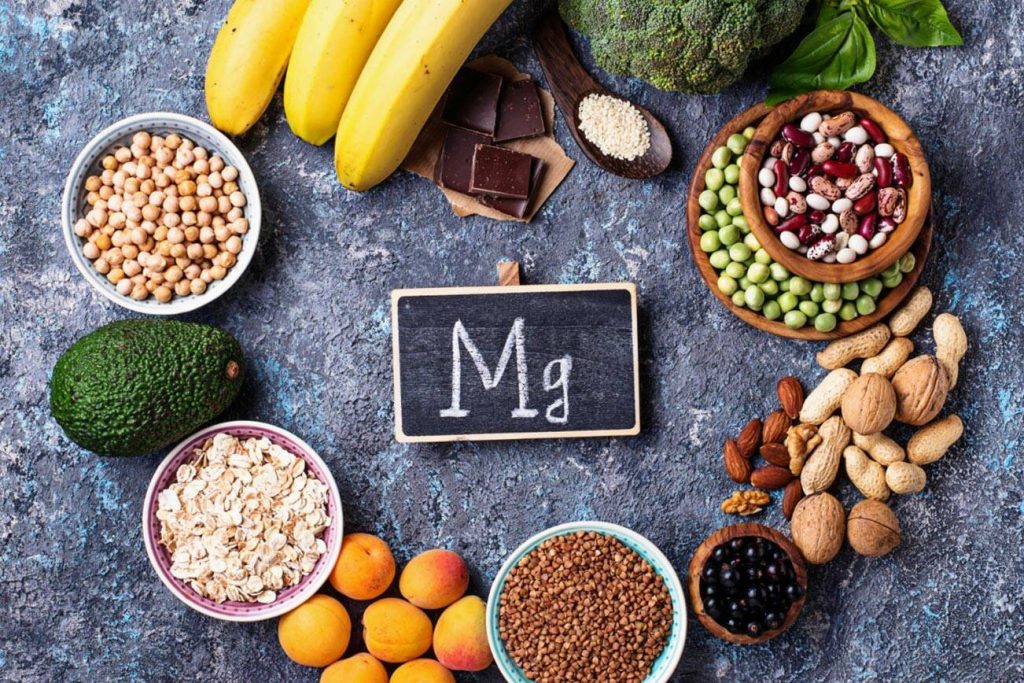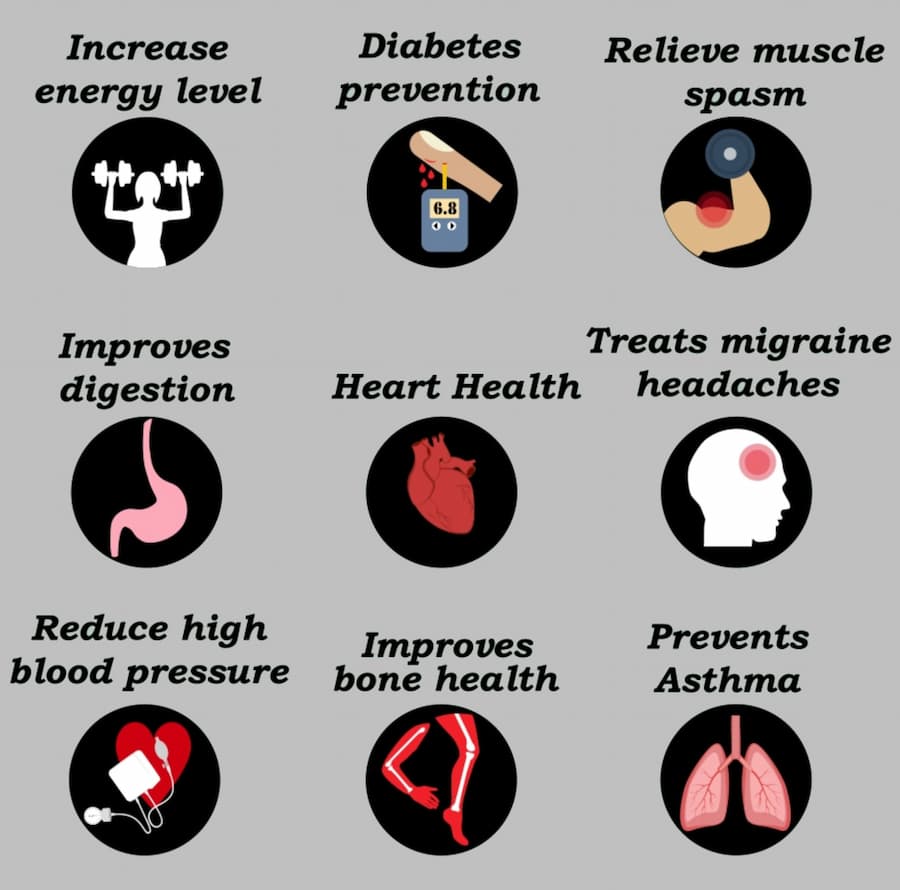Improve your memory and thinking skill using Sage.
Sage
What is Sage and its use?

Sage(Salvia officinalis), also known as common sage or garden sage, is a natural aromatic herb that belongs to the mint family of Lamiaceae. Sage is native to the Mediterranean region with several varieties that are even used as traditional ornaments because of their beautiful leaves and flowers.
Sage is a perennial plant that grows about 2 feet tall from the ground level. the color ranges from gray-green to whitish green. The flowers are supported by spikes and the two lipped rolls are found to be attractive by many insects, butterflies, birds, etc.
It is commonly used as a spicing agent in a number of dishes. It has an earthly flavor and strong aroma which is used in a very small amount to add flavor or texture in several dishes such as breads, pastries, sauces, butters, etc.
Apart from flavoring application, this natural herb has a wide application in medical use. In several forms, Sage is used for a number of medical conditions such as:

- loss of appetite
- bloating
- flatulence
- depression
- heartburn
- cold sores
- memory loss
- Alzhiemer’s disease
- Asthma
- gum diseases
- nasal conditions
- sore throat, mouth, or gum
- stomach pain
- overproduction of perspiration and saliva
Benefits of using Sage

In addition to its several features associated with flavoring and aromatic properties in a number of dishes, Sage consist of several important healthbenefits that justifies a wide medical application in a human body when taken in its any form that includes:
- rich source of antioxidants
- relieves symptoms of menopause
- supports memory
- might reduce bad LDL cholesterol
- might resist skin aging
- antimicrobial properties
- assist oral health
- might reduce diarrhea
- might reduce blood sugar level
- improves brain health
- fights against cancerous cells
- supports bone health
There might be several other benefits of Sage apart from those mentioned above. Also, these benefits are obtained due to several residing vitamins and minerals found in this herb such as:
- Protein
- Fat
- Calcium
- Vitamin K
- Iron
- Calories
- Carbs
- Manganese
- Vitamin B6
The percentage of these minerals is typically based on the amount of sage intake.
Sage dose for Humans

Sage is not a kind of matter that a human body needs daily to perform certain tasks which could only be pulled out by it. People generally used sage as a flavoring and aromatic agent or sometimes to treat several medical conditions or gain several medical properties.
There is no clinical evidence that specifically supports the oral dosing of sage in a human body. However, a typical amount of not more than 6g per day of sage leaf is described. It is Generally advisable to consult a doctor or a health professional and follow their prescription if you are taking an additional Sage supplement for any reason. Generally, natural substances are considered safe but must be consumed under certain provisions as their safety is not assured.
Sage Supplement
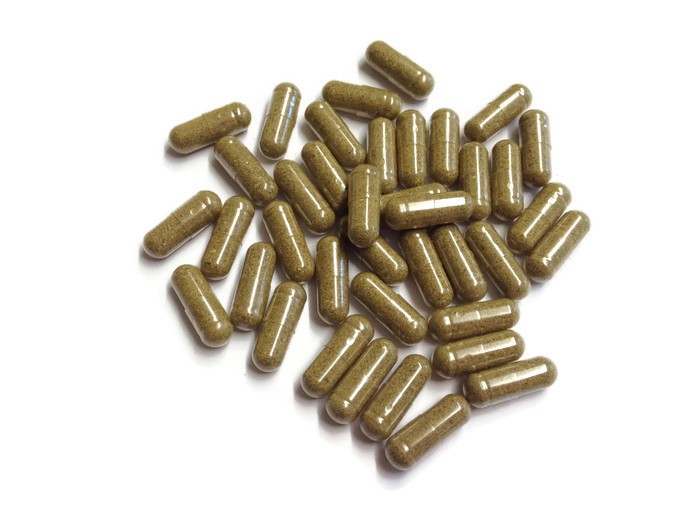
Sage supplements are herbal medicines that are generally used to obtain several beneficial medical properties of natural Sage such as antioxidants, anticancer, etc. In addition to this, there are several high potential healing composites that provide supportive or additional medical properties along with sage. These herbal supplements are available in different forms such as pill, soft capsules, oil, etc. The dosage is based on an individual’s age, medical condition, diet, and other circumstances. It is advisable to consult a doctor before consuming such a supplement to avoid any kind of complication with the body’s health in future.
Overview
- Sage(Salvia officinalis), is a natural herb that belongs to the plant family of Lamiaeae, found in mediterranean.
- Thre are many benefits obtained due to several residing vitamins and minerals found in this herb
- It is commonly used as a spicing and flavoring ingredient. For a long time, Sage has been useful for a wide variety of medical applications.
- It consists of many essential nutrients and minerals that provide many important health benefits to a human body.
- The dosing of sage is not specified and must be discussed with the doctor if taking as a medicine amount such as supplements.
REFERENCES:
- https://www.britannica.com/plant/sage-plant
- https://www.rxlist.com/sage/supplements.htm
- https://www.healthline.com/nutrition/sage#TOC_TITLE_HDR_2
- https://www.webmd.com/vitamins/ai/ingredientmono-504/sage
- https://www.medicalnewstoday.com/articles/266480
- https://www.drugs.com/npp/sage.html
- https://www.verywellhealth.com/add-flavor-and-lower-cholesterol-with-sage-4069887
For more details, kindly visit below.
